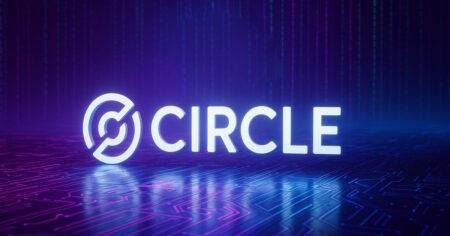Meta’s former stablecoin project, Diem, originally known as Libra, faced significant political and regulatory obstacles in the US, leading to its termination. Co-founder David Marcus revealed the challenges in a recent social media post, citing political considerations as a key factor. The project was initially met with scrutiny from US lawmakers and regulators concerned about its potential impact on monetary sovereignty and financial stability.
Despite early support from major financial firms, including Visa, MasterCard, and PayPal, regulatory challenges persisted. Lawmakers pointed to risks to sovereign currencies and privacy controversies associated with Meta as reasons for concern. These challenges ultimately led to the rebranding of the project as Diem in 2020, with a shift in focus to a US dollar-backed stablecoin and relocation of operations to the US.
Efforts to pivot and address regulatory concerns were unsuccessful, culminating in the sale of Diem’s assets to Silvergate in January 2022. Stuart Levey, then CEO of Diem, attributed the decision to the inability to overcome regulatory challenges despite significant efforts. Following the closure of Diem, team members transitioned to other blockchain initiatives, while David Marcus shifted his focus to Lightspark, a company exploring the use of Bitcoin’s Lightning Network for payments.
Reflecting on Diem’s journey, Marcus highlighted the importance of neutrality and decentralization in future blockchain projects. The project’s history underscores the complex interplay between innovation, policy, and regulation in the crypto industry. Despite facing obstacles, the lessons learned from Diem’s experience can inform the development of future projects in the evolving blockchain ecosystem.

















